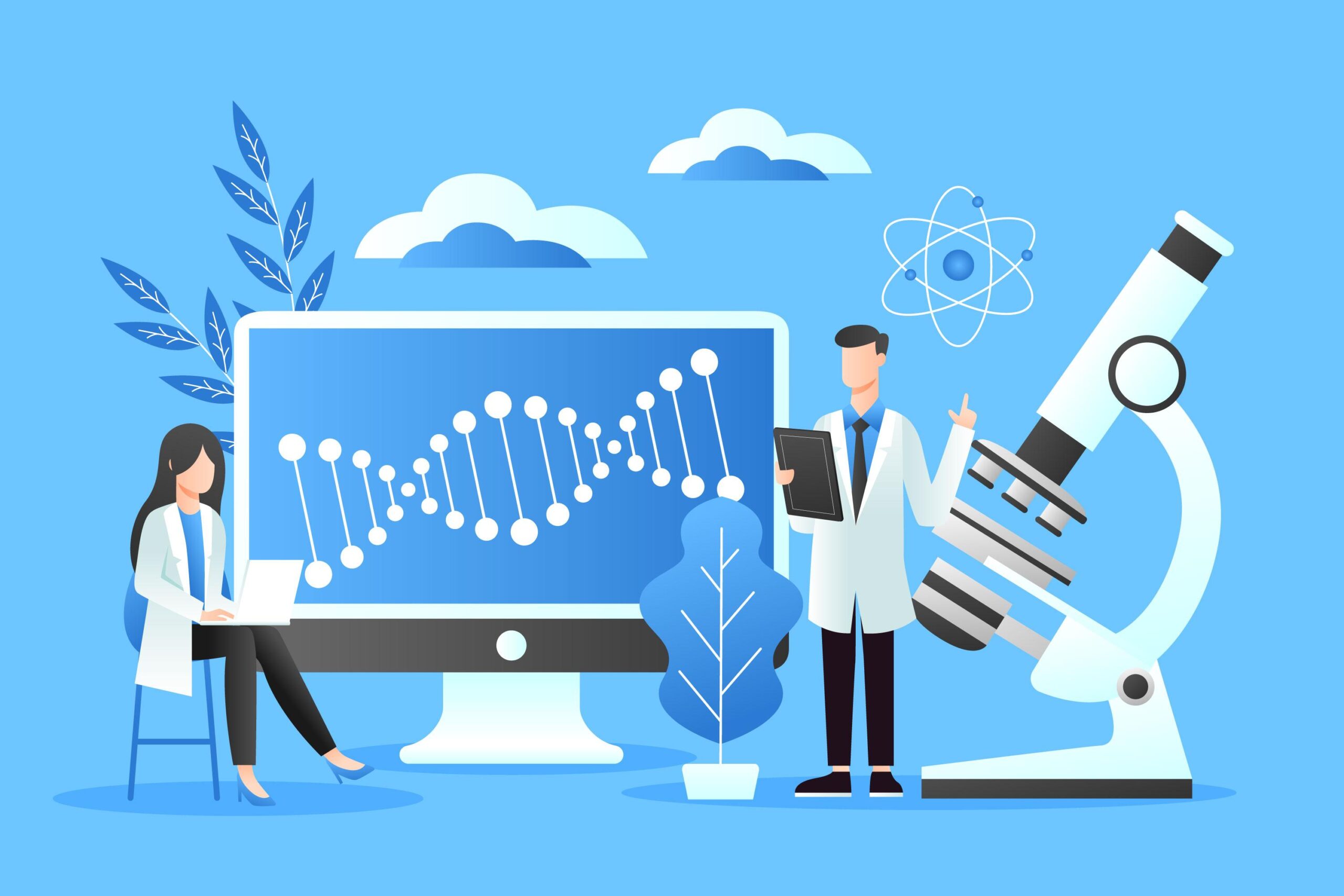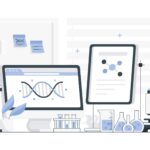The pharmaceutical industry is rapidly evolving, with new technologies transforming the way drugs are developed. In 2025, pharma companies are leveraging cutting-edge software to streamline research, enhance efficiency, and improve compliance. Choosing the right drug development software is crucial for success in a highly regulated and competitive market.
Why Drug Development Software Matters
Developing new drugs involves complex processes, including research, clinical trials, regulatory compliance, and data analysis. Traditional methods can be time-consuming and prone to errors. Drug development software helps:
- Accelerate research and development (R&D)
- Ensure compliance with FDA and global regulations
- Improve collaboration across teams
- Enhance data security and management
- Reduce costs and time to market
Top Drug Development Software for Pharma Companies in 2025
1. BIOVIA by Dassault Systèmes
Key Features:
- Integrated laboratory informatics
- AI-powered data analysis
- Advanced molecular modeling tools
- Cloud-based collaboration
Why It Stands Out: BIOVIA offers a comprehensive suite of solutions that enhance productivity in drug discovery and development. Its AI and machine learning capabilities help identify promising compounds faster, making it a top choice for research-focused pharmaceutical firms.
2. Certara Phoenix
Key Features:
- Pharmacokinetics and pharmacodynamics modeling
- Regulatory submission support
- Non-compartmental analysis (NCA)
- Cloud-based data management
Why It Stands Out: Certara Phoenix is widely used for clinical pharmacology and regulatory submissions. Its robust modeling and simulation capabilities help researchers predict drug behavior and optimize clinical trials, reducing overall development costs.
3. PerkinElmer Signals Notebook
Key Features:
- Electronic lab notebook (ELN)
- Secure data storage and sharing
- Integration with existing R&D tools
- Advanced search and analysis functions
Why It Stands Out: This cloud-based electronic lab notebook enhances collaboration by allowing researchers to securely store and share experimental data. Its intuitive interface and powerful analytics tools make it a favorite among pharmaceutical scientists.
4. Veeva Vault RIM Suite
Key Features:
- Regulatory information management (RIM)
- Streamlined submission tracking
- Compliance automation
- End-to-end document control
Why It Stands Out: Veeva Vault RIM Suite simplifies regulatory compliance by automating submission tracking and document management. It helps pharmaceutical companies stay up-to-date with FDA, EMA, and other regulatory agencies.
5. Benchling
Key Features:
- Cloud-based informatics platform
- Real-time collaboration
- Customizable workflows
- AI-powered data insights
Why It Stands Out: Benchling is designed for biotech and pharmaceutical companies that require seamless collaboration and data integration. Its AI-driven insights enhance decision-making, making it a preferred choice for modern drug development.
6. IDBS E-WorkBook
Key Features:
- Data integrity and compliance tools
- Workflow automation
- Cloud and on-premise deployment
- Integration with laboratory information systems (LIMS)
Why It Stands Out: IDBS E-WorkBook ensures data integrity while automating workflows in drug research and development. It enhances efficiency and reduces errors, helping companies maintain compliance with industry standards.
7. Dotmatics
Key Features:
- Data visualization and analytics
- AI-powered drug discovery tools
- ELN and LIMS integration
- Cloud-based infrastructure
Why It Stands Out: Dotmatics combines AI-driven analytics with user-friendly interfaces to help researchers analyze vast datasets efficiently. Its cloud-based infrastructure promotes seamless collaboration across global pharma teams.
How to Choose the Right Drug Development Software
When selecting drug development software, consider the following factors:
1. Compliance and Regulatory Support
Ensure the software meets FDA, EMA, and other regulatory requirements to avoid legal issues and delays.
2. Data Security and Integrity
Pharmaceutical data is highly sensitive. Choose software with robust security measures, including encryption and access controls.
3. Scalability and Integration
Your software should be able to scale with your company’s growth and integrate with existing systems, such as LIMS and ELN.
4. User-Friendliness and Support
An intuitive interface and strong customer support are crucial for smooth implementation and daily use.
5. Cost and ROI
Evaluate the cost-effectiveness of the software, considering the long-term benefits it provides in terms of efficiency and accuracy.
Future Trends in Drug Development Software
1. AI and Machine Learning
AI-driven drug discovery is revolutionizing the industry by predicting molecular interactions, identifying potential drug candidates, and optimizing clinical trials.
2. Cloud-Based Solutions
Cloud technology enhances data accessibility and collaboration, making research more efficient and secure.
3. Blockchain for Data Integrity
Blockchain technology ensures transparent and tamper-proof records, enhancing regulatory compliance and trust.
4. Automation and Robotics
Automating repetitive tasks, such as data entry and sample testing, reduces human error and speeds up drug development.
Conclusion
Choosing the right drug development software can significantly impact the success of pharmaceutical companies. Solutions like BIOVIA, Certara Phoenix, PerkinElmer Signals Notebook, and Veeva Vault RIM Suite offer advanced features to streamline research, ensure compliance, and accelerate drug discovery.
By investing in the best software solutions, pharma companies can stay ahead in 2025, bringing innovative and life-saving medications to market faster and more efficiently.



